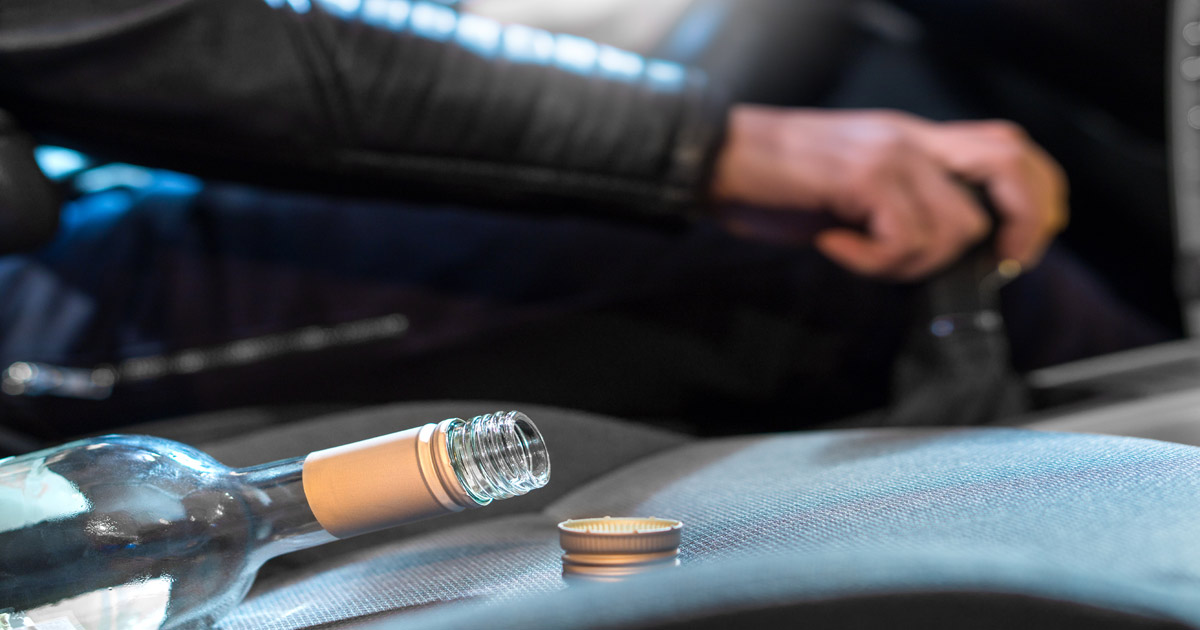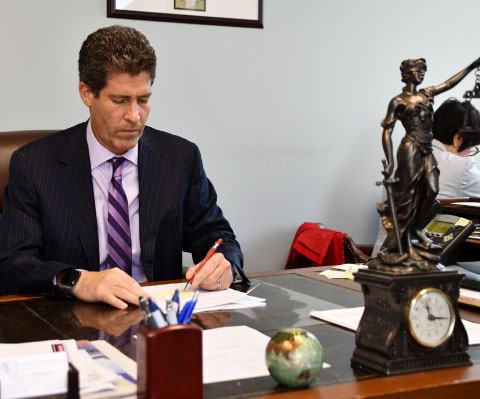Can I Sue a Drunk Driver?
April 12, 2022

All motorists have a duty to drive safely and abide by local traffic laws. Whenever someone unreasonably violates traffic laws and causes you to suffer harm, you could sue that person for damages, including drunk drivers.
Like other states, Pennsylvania says it is a crime to drive with a blood-alcohol content of 0.08 percent or higher. So choosing to do so unreasonably creates risks to other people’s safety.
Auto Insurance Should Pay for Damages and Bodily Injuries
When a drunk driver causes an accident, the offending driver’s auto insurance policy should pay for property damage up to policy limits. Your auto insurance policy might pay additional amounts above the policy limits through underinsured or uninsured motorist protection.
State law also requires drivers to carry $5,000 in medical coverage costs. That helps to pay for medical costs that your health insurance might not cover.
Pennsylvania also is a no-fault auto insurance state. No-fault auto insurance means that your car insurance policy will pay for medical costs up to policy limits regardless of who caused the accident.
The purpose of no-fault is to limit potential lawsuits arising from car accidents. If you have no-fault coverage for your vehicle, you might be excluded from the right to sue for damages arising from medical costs. Your insurer is supposed to cover those costs and pay your claims quickly.
Full-Tort and Limited-Tort Auto Insurance Options
Although Pennsylvania is a no-fault auto insurance state, it gives you the option of opting out of the no-fault auto insurance mandate. There are two alternative options to no-fault auto insurance. Those options are full-tort and limited-tort policies.
Full tort means you can sue an offending driver for injuries and property damage. Those damages could include pain and suffering, in addition to punitive damages for extreme negligence.
A full-tort auto insurance policy costs more than a limited-tort or a no-fault policy. That is because it removes all barriers to filing lawsuits over damages.
A limited tort reduces your ability to file lawsuits for damages following an accident. With a limited-tort policy, you only can sue another driver if you suffer permanent disfigurement or serious impairment of your bodily functions.
With a limited-tort policy, a disability caused by a drunk driver could make that driver liable for causing that disability. If you were to die in a car accident caused by another driver, your surviving family members could sue the offending motorist.
Possible Damage Claims Against a Drunk Driver
If you have a full-tort or a limited-tort policy, you might be able to file a lawsuit for damages in a Pennsylvania court. Most civil filings seek claims based on two types of damages: compensatory damages or punitive damages.
“Compensatory damages” refers to the property damage and medical costs caused by the accident. It also refers to related damages, including lost income, loss of consortium, and pain and suffering.
Punitive damages are sought in addition to compensatory damages and could multiply the value of a judgment entered for compensatory damages. Punitive damages apply when the offending party acted in an especially irresponsible manner that resulted in harm to another party.
Drunk driving is illegal and criminal act. It also is clear evidence of irresponsible driving and a disregard for other people. When a drunk driver causes an accident, the survivors could seek punitive as well as compensatory damages.
Evidence that Supports Claims for Compensatory and Punitive Damages
You would need to provide evidence of your injuries and property damage suffered to prevail on claims for compensatory damages. Medical bills and a doctor’s diagnosis of your injuries are examples of evidence that you could provide to prove compensatory damages.
You also could provide evidence that you were unable to work for a period of time and the amount in lost earnings. Any physical therapy or ongoing treatment could help to track your recovery and the extent of pain and suffering that you endured while healing up from your injuries.
A drunk driving conviction would prove the offending driver broke the law and drove while intoxicated, as would a traffic ticket for violating state traffic laws and causing an accident.
Convictions for drunk driving and one or more traffic offenses could help to affirm the offending driver caused the accident by driving under the influence. A corresponding police report also could help to show the circumstances that led to the accident and whether one or both drivers were ticketed for moving violations.
A police report has no probative value in a court case. But it can help to corroborate the events leading to the accident.
Pennsylvania allows you up to two years after the accident to file legal claims against the offending party. The statute of limitations helps to prevent surprise filings many years after an accident occurs.
Comparative Negligence Might Affect Claims
Pennsylvania is a “comparative negligence” state, meaning any monetary award that you might initially obtain could be reduced by your comparative level of negligence. The state’s comparative negligence law requires the offending party to be at least 50 percent at fault for causing an accident. For example, if you were violating a traffic law that contributed to causing the accident, you would be at least partly at fault.
A court might determine that you were between 10 and 50 percent liable for causing the accident. If so, any award that you win would be reduced by an equal percentage. However, if a court rules you are 51 percent or more at fault for causing the accident, you could not sue for damages.
Possible Third-Party Claims Could Be Filed in Court
If a drunk driver had been at a bar or other establishment that served alcohol to that person, it might be partly liable for damages. Pennsylvania’s dram shop law allows accident victims to sue drinking establishments and other servers of alcohol for overserving people who drink and drive. The person might have been visibly intoxicated. Or the server reasonably should have known that the person was intoxicated due to the number of drinks consumed.
Whenever an establishment serves too much alcohol to a customer who then drives drunk and causes an accident, the potential for third-party liability arises. An experienced car accident attorney could help you to better understand how state law could affect your case.
Philadelphia Car Accident Attorneys at Nerenberg Law Associates, P.C., Help to Hold Drunk Drivers Liable
If you survived an accident caused by a drunk driver or lost a family member in a drunk driving accident, our experienced Philadelphia car accident attorneys at Nerenberg Law Associates, P.C., can help. You can call 215-569-9100 or contact us online to schedule a free consultation at our Philadelphia law office. We represent clients throughout Pennsylvania and New Jersey.

